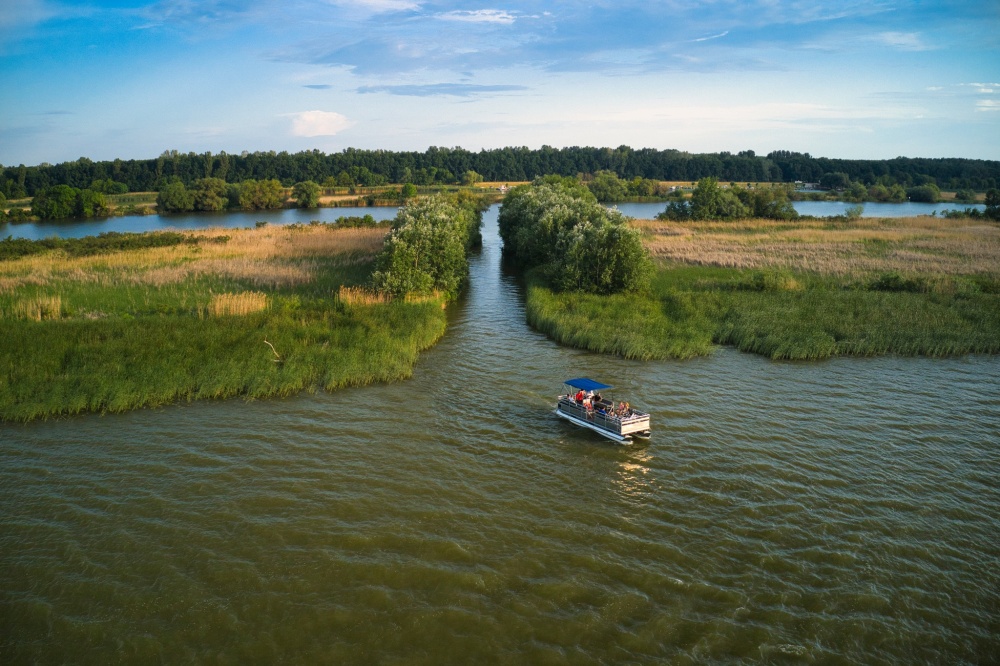
The system utilizes 986 locations to deliver silver iodide to clouds through 219 automatic and 767 manual generators.Continue reading

A Hungarian-Serbian project focused on climate change adaptation and integrated water management has been launched along the Tisza River, involving researchers from the University of Szeged (SZTE).
The project addresses the anticipated impacts of climate change, including shifts in temperature and the distribution of precipitation, which will increase the frequency of extreme weather events. These changes pose significant threats to the Tisza River basin’s ecosystem, infrastructure, economy, and society, particularly through floods and droughts.
The ADAPTisa project, a collaboration between SZTE, the University of Novi Sad, the European Affairs Fund of the Autonomous Province of Vojvodina, the Lower Tisza Region Water Directorate, and the Public Water Management Company Vode Vojvodine, aims to establish a reliable, data-based cooperation between water and disaster management experts.
Their goal is to mitigate hydrological risks and improve the region’s resilience to these challenges.
Project experts will develop databases and hydrological models to forecast floods and water scarcity, enhance early warning systems, and devise solutions to reduce the negative impacts of extreme weather events. A key outcome will be the Integrated Water Management Platform, which will strengthen coordination and response efforts of organizations managing floods and droughts.
Over the next two years, the project will also organize joint campaigns targeting the public and farmers, raising awareness about climate change and promoting solutions to mitigate its effects. The project, running until August 2026, has a budget of HUF 567M (EUR 1,418M), with HUF 482M (EUR 1,205M) provided by the EU.
Via MTI; Featured Image: Facebook / Aktív Magyarország